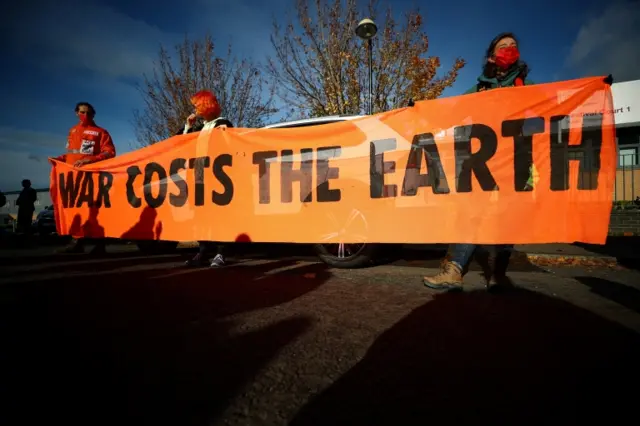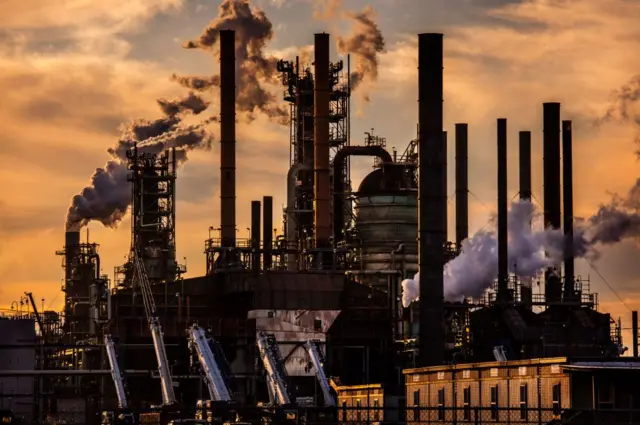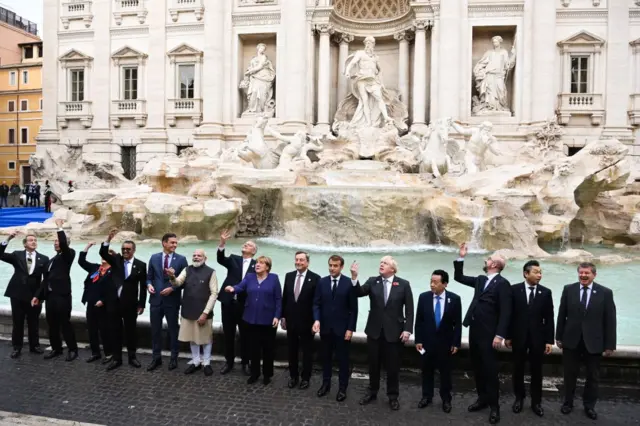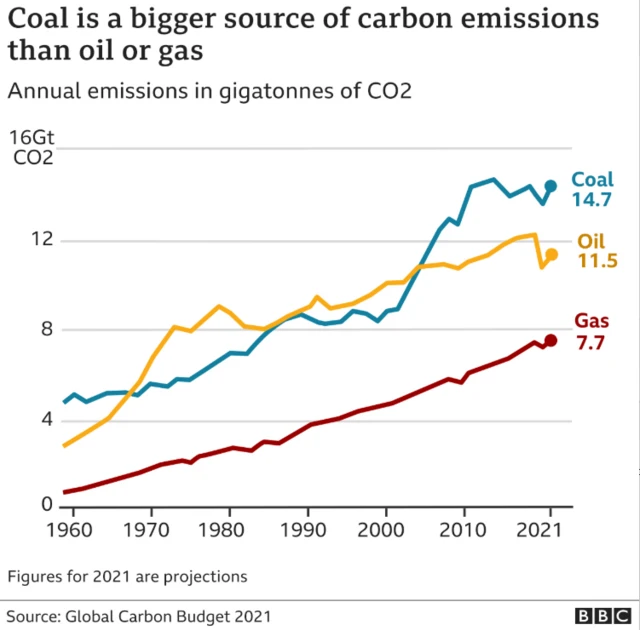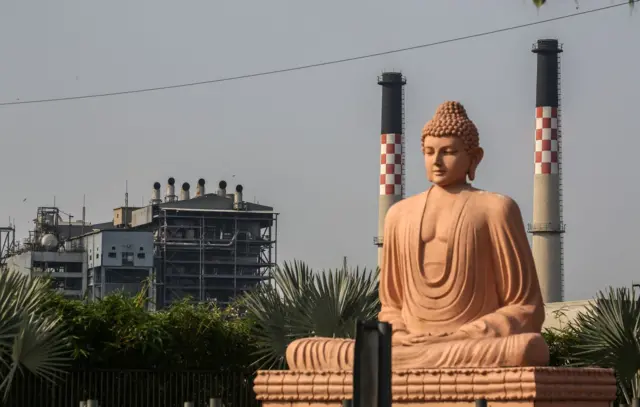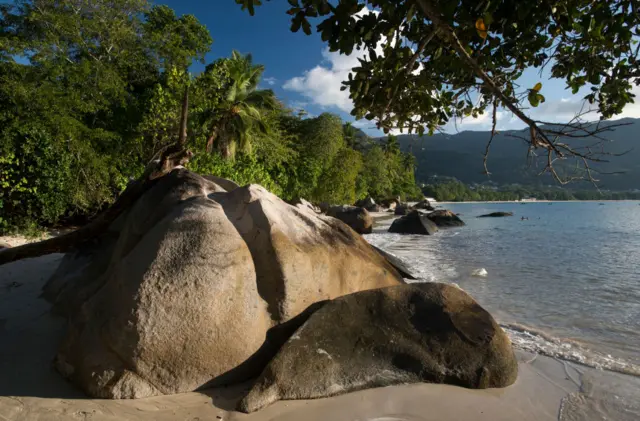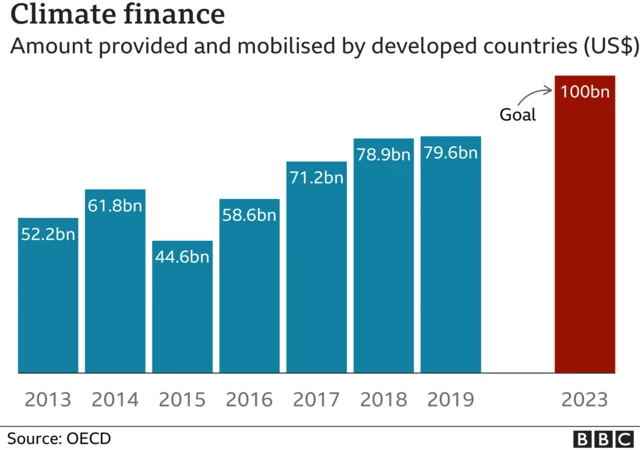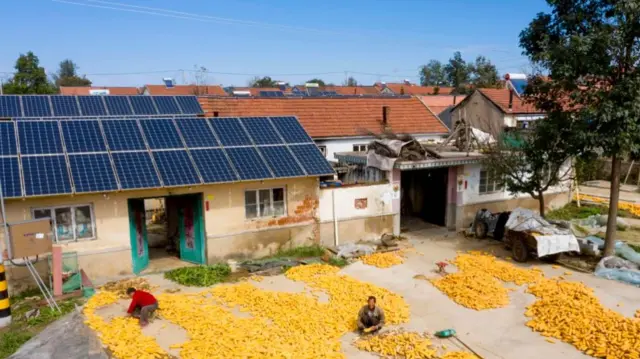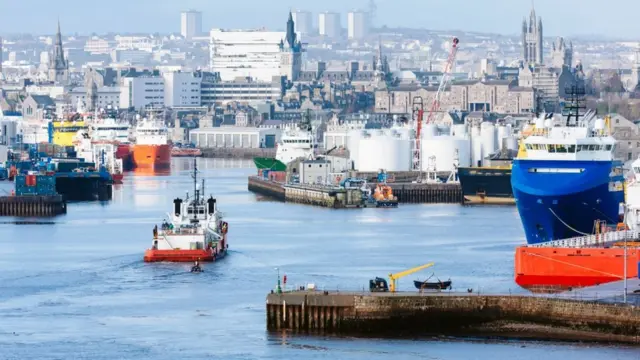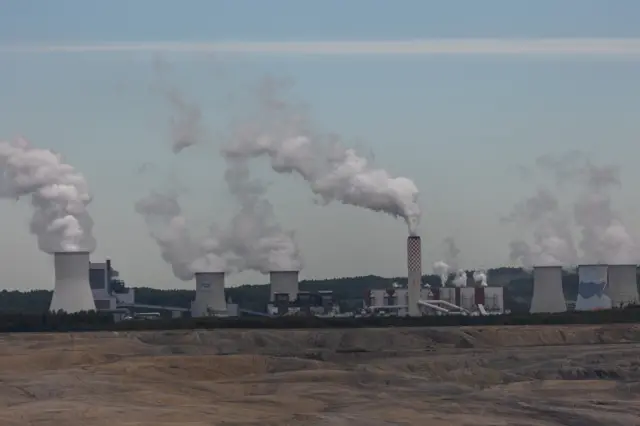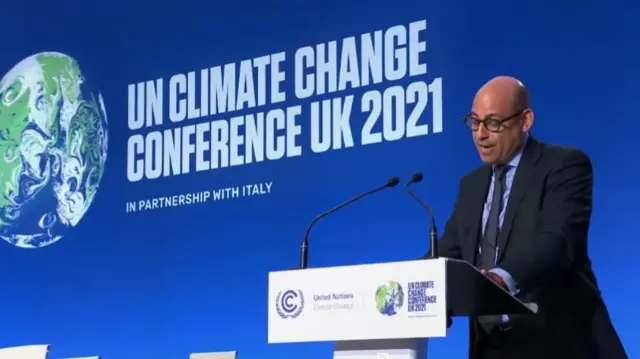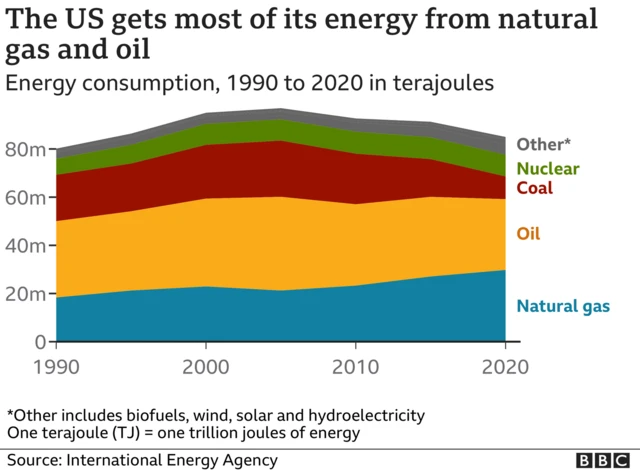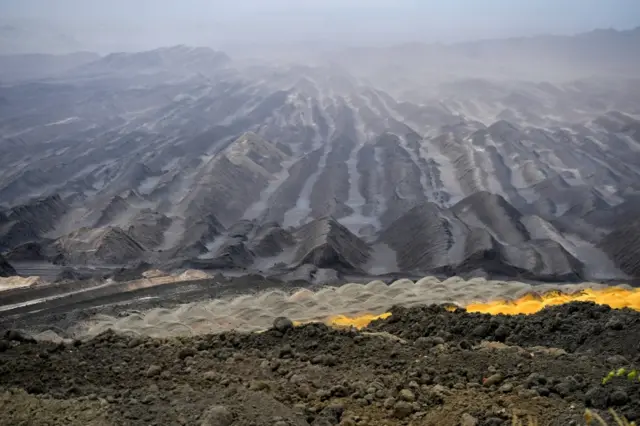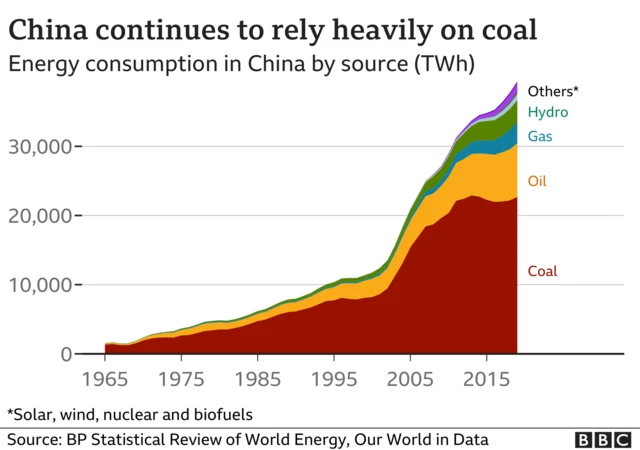Facebook fails to flag climate change denial, study findspublished at 14:31 GMT 4 November 2021
 Reality Check
Reality Check
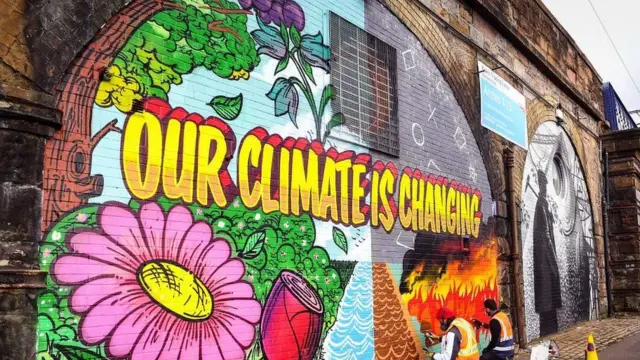 Image source, Getty Images
Image source, Getty ImagesWhile much of the focus at COP26 so far has been on what countries can do to tackle climate change, companies and organisations can also play a part.
Two studies have found climate change denial is spreading unchecked on Facebook, despite a pledge from the tech giant earlier this year to flag such content.
The Center for Countering Digital Hate and the Institute for Strategic Dialogue said less than 10% of misleading posts were marked as misinformation.
And the CCDH researchers linked the majority of these to just 10 publishers.
They found that of 7,000 misleading posts describing climate change as "hysteria", "alarmism", a "scam", or other related terms, only 8% were marked as misinformation.
Facebook said this represented a small proportion of climate change content.
Read more here.
